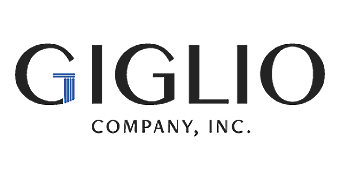Job Interviewing Tips: Just Like a Sales Call
Coaching my niece in succeeding with her job search is an important mission and one I take quite seriously. As I coached her, I realized how similar her job interview is to a sales call. Think about it; you have to establish a climate of interest and enthusiasm, ask insightful questions and present yourself (i.e. what you are selling) as the solution. In my 20+ years of leadership development, I often coach people through a job transition as they prepare to interview. Here are a few of my key interviewing strategies.
Learn Their Goals
With both a sales call and a job interview, it’s critical that you know what the company’s issues are so that you can present your solutions. In the case of an interview, YOU are the solution. When speaking with your potential employer, discern what your interviewer’s major goal is for the position by asking questions such as:
- What is essential for the organization this year?
- What is mission critical for this position to make that happen?
- How would you define success in this position?
Discover the Challenges
Every job, and every customer, has challenges. When applying for a job, you need to be confident that your skills can help the company overcome those challenges. Otherwise, why would they hire you? Just like with a sales call, if you don’t know what challenges the company is facing, how can you possibly know if you are the right person to find a solution? Find out what “keeps them up at night” by asking these questions:
- What challenges is the company facing?
- What solutions have you tried without success?
- What must the organization achieve by year end to overcome them?
- What do you see as the biggest challenge for this position?
Demonstrate Understanding, Then Solutions
In an interview, it’s important that you demonstrate you understand the company and it’s key issues. When you restate what you’ve learned in the interview, it shows that you have been listening and comprehending what you have been told. This is when you start selling yourself as someone who can help. Don’t rush to provide your solutions before you make sure you understand the problems. Present yourself and skills too soon and, you could find yourself talking about skills that don’t apply to the company’s situation. Play the stated goals and challenges back to your interviewer to prove you’ve heard them and are tuned in to their plight. You then get to tailor your comments about your solutions directly in line with what your interviewer most desires for the position.
By the close of business that day, send your thank you email to your potential employer, repeating their goals and challenges to further illustrate your alignment with them. Then remind them of your conversation about your solutions and your confidence in how you can help move their company forward.
Try it and let me know how it goes! I wish you great success!


